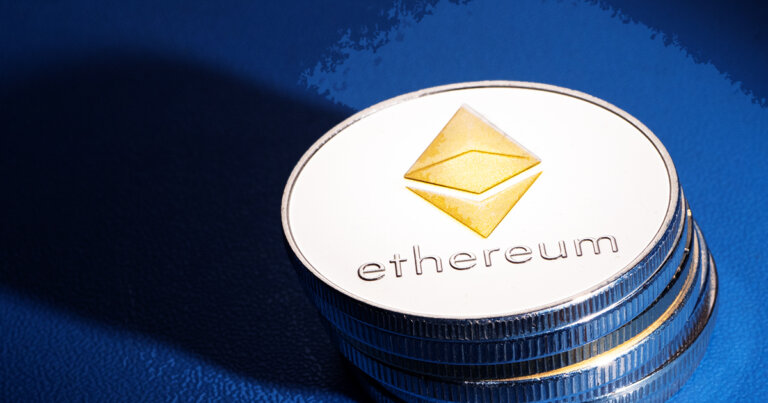 JP Morgan analysts believe Hinman documents will spur altcoins to mimic Ethereum
JP Morgan analysts believe Hinman documents will spur altcoins to mimic Ethereum JP Morgan analysts believe Hinman documents will spur altcoins to mimic Ethereum
The lender believes altcoins will be forced to mimic Ethereum and its properties, which will likely amplify competition among them.

Cover art/illustration via CryptoSlate. Image includes combined content which may include AI-generated content.
Wall Street giant JP Morgan Chase & Co.’s analysts believe the release of the Hinman documents will push altcoins to try and become as decentralized as Ethereum (ETH) to avoid regulatory hurdles, according to a research report seen by CoinDesk.
The Hinman documents were released by Ripple on June 12 as part of its defense against the SEC lawsuit. They shed some light on why the regulator may have designated some cryptocurrencies as securities in its complaint against Coinbase and Binance.US but left others — like Ethereum — out of the list.
JP Morgan analysts led by managing director Nikolaos Panigirtzoglou studied the documents and wrote that their release bodes well for Ethereum and overall decentralization in the crypto industry.
The analysts added that the document’s content would likely “influence congressional efforts to regulate the crypto industry” in a way that will ensure that Ethereum cannot be considered a security.
As such, the lender believes altcoins will be forced to mimic Ethereum and its properties, which will likely amplify competition among them.
According to the lender:
“[The] more decentralized a cryptocurrency is, the higher its chance that it would avoid being designated as a security.”
‘Sufficiently decentralized’
In recent times, most regulators around the world have come to accept the idea that Bitcoin is most likely a commodity due to its nature and origin. The U.S. intends to put Bitcoin under the purview of the CFTC with other commodities.
However, there has been a distinct lack of clarity regarding altcoins and whether they should be considered securities — especially in the U.S. The SEC has staunchly argued that almost all cryptocurrencies are securities but had only truly pursued Ripple in a legal fight until recently.
The watchdog’s complaint against two major crypto exchanges earlier in June cemented its stance that some of the biggest cryptocurrencies — like Solana, Cardano and Polygon — are, in fact, securities based on the Howey Test.
Meanwhile, the Hinman documents show that the SEC’s top brass did not consider Ethereum to be a security in 2018 because the cryptocurrency did not have a “controlling group” and its network was “sufficiently decentralized.”
On the other hand, the SEC argues that cryptocurrencies like Solana and Cardano classify as investment contracts because they have a controlling group under the Howey Test, and their buyers had a “reasonable expectation” of profiting from the investment.
Regulatory gap
JP Morgan said the Hinman documents also show that the SEC acknowledges there is a regulatory gap in the current system if Ethereum cannot be classified a security.
This means new legislation and rules are necessary to regulate the industry properly and ensure consumers are protected, as that is still an issue even if cryptocurrencies are not securities.
JP Morgan believes the easiest approach for Congress is to classify Ethereum and other cryptocurrencies that pass its standards as commodities and regulate them under the CFTC, like Bitcoin.
Another option would be to create an entirely new “Other” category for altcoins that don’t fall in the securities umbrella.




 Arkham Intelligence
Arkham Intelligence 

 Farside Investors
Farside Investors 
 CryptoQuant
CryptoQuant 
 CoinGlass
CoinGlass 






































































































